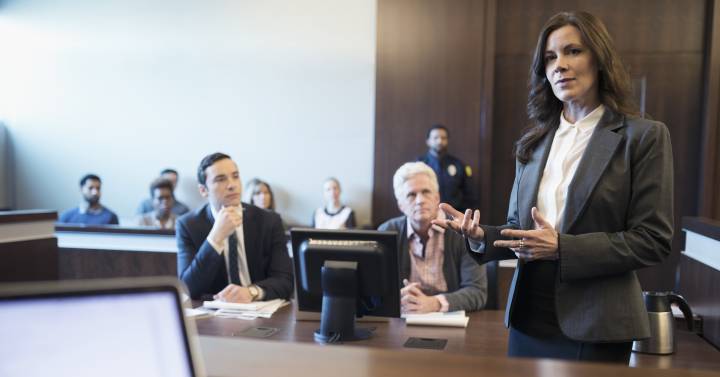
The Superior Court of Justice (TSJ) of Galicia examines, by a judgment of 9 December 2020, the limits of the freedom of expression of lawyers when acting before the courts. The sanction of three months’ suspension from practicing the profession imposed on a lawyer by the Consello da Avogacía Galega shall be reviewed.
According to the judgment (available here), the freedom of expression enjoyed by lawyers is not unlimited and any excesses must be corrected. As the Constitutional Court has stated, the practice of law “must be assessed in the context in which it is exercised and taking into account its functionality in order to achieve the purposes justifying its privileged regime”, however, this does not mean “that it has no limits or protects ignorance of the minimum respect due to the other parties present in the proceedings ”.
Following this constitutional doctrine, the court begins by recognizing that “lawsuits are frameworks of discussion in which the exercise of the right to defense allows exceeding the limits that are not permissible in everyday life,” but adds that this does not mean justified “any type of expression or reference to the other party or to professionals. “In the opinion of the Chamber, in order to” determine whether the limits of the right to defense have been exceeded, the competing circumstances must be weighed, ie what has been said, how it has been said and to whom it has been said. “
The sanctioned party, in a letter to the Court, described the actions of the lawyer from the Administration of Justice (LAJ) as “a group of procedural blunders that deserve a disciplinary case”, accused it of “bad faith towards a party”. and cut off “illegal, amoral, unjust and prevaricating” behavior.
He also added that “the secretary did not obey the law and the law, showing unlimited bias, as well as a clear enmity towards the lawyer.”
The court considers that the exercise of the rights of the defense and the freedom of expression involved does not protect the content of the briefs addressed by the lawyer to the Court. The proof of the disproportionate nature of that action, in the opinion of the Chamber, is that, at first, in an attempt to evade its liability, it attributed the writ to the lawyer.
In conclusion, in the Chamber’s view, “most of the expressions and gravity of the allegations made” are worthy of the sanction imposed.